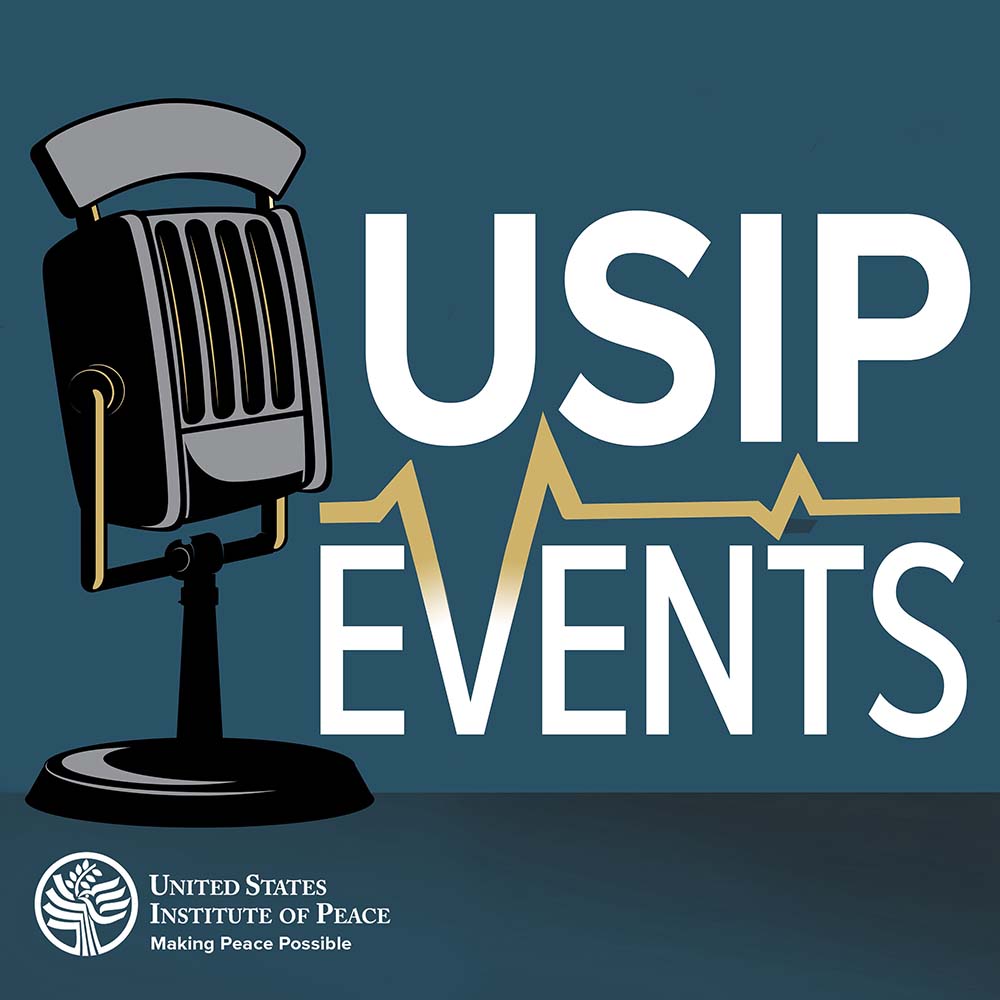

From Grand Ayatollah Ali al-Sistani’s influence in the Iraqi elections to the involvement of religious actors in South Sudan’s peace process, the role of religion in conflict zones continues to dominate headlines. At the U.S. Institute of Peace on June 26, experts presented an approach for mapping the role of religious actors and institutions to better understand their legitimacy and influence in contributing to peace and conflict, exploring findings from three recent mappings from Libya, South Sudan, and Iraq based on work from the field.
Col. Paul Hughes, welcoming remarks
Acting Vice President, Center for Applied Conflict Transformation, U.S. Institute of Peace
Rev. Susan Hayward, introductory remarks
Senior Advisor, Religion & Inclusive Societies, U.S. Institute of Peace
Rosarie Tucci, moderator
Director, Inclusive Societies, U.S. Institute of Peace
Palwasha Kakar
Senior Program Officer, Libya Project Coordinator, U.S. Institute of Peace
Monica Pio
South Sudan Researcher, Forcier Consulting
Zainab Qassim
Networks Manager, Sanad for Peacebuilding, U.S. Institute of Peace
Dr. Ann Wainscott
Lead Researcher and Iraq Project Coordinator, U.S. Institute of Peace
Dr. Jacqueline Wilson
Lead Researcher and South Sudan Project Coordinator, U.S. Institute of Peace
For more information about this event, please visit: https://www.usip.org/events/mapping-role-religion-fragile-states

This year marks the centennial of Georgia’s independence and the establishment of the First Republic in 1918 and the 10th year since the Russian...

The U.S. Institute of Peace and Conciliation Resources held a discussion on overcoming challenges to inclusive peace processes and negotiated settlements. This event furthered...

Recent decades have seen huge gains in progress on empowering women and girls but we are still far from achieving gender equality. And nowhere...